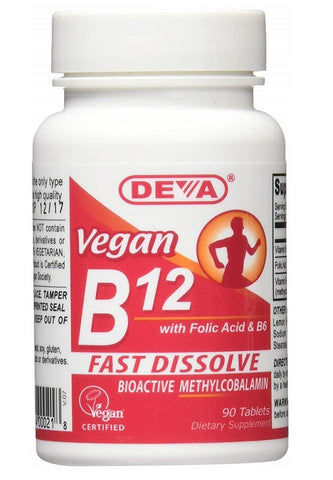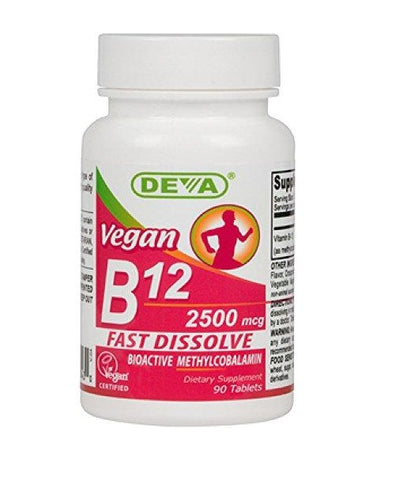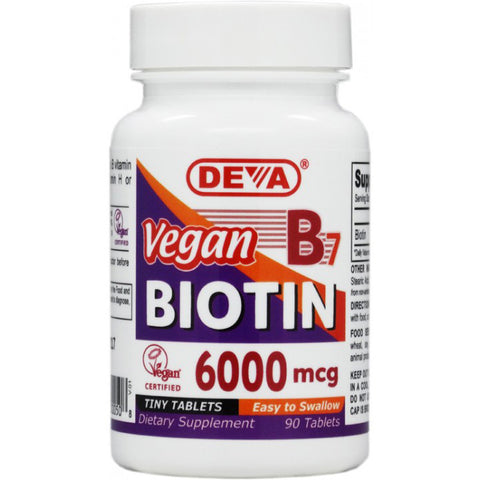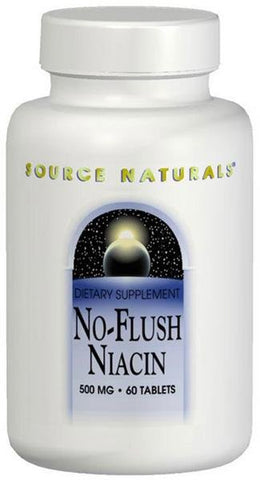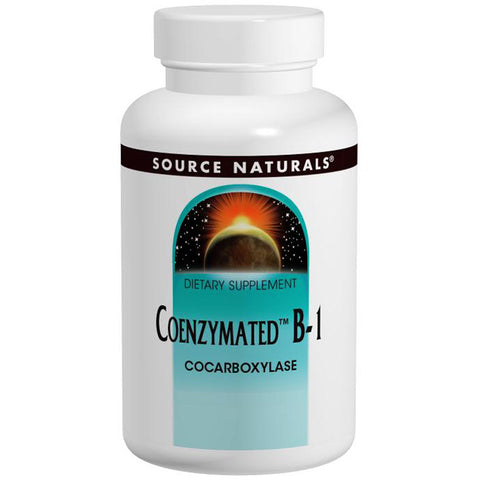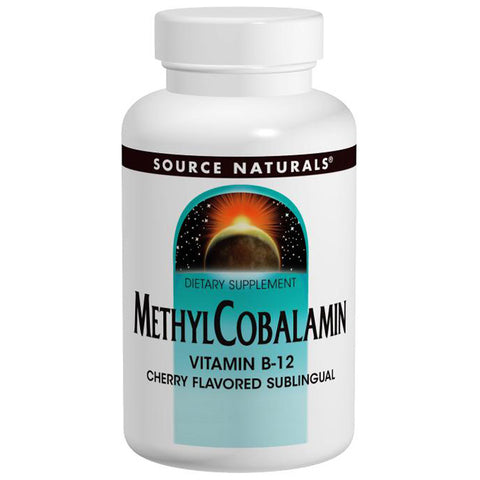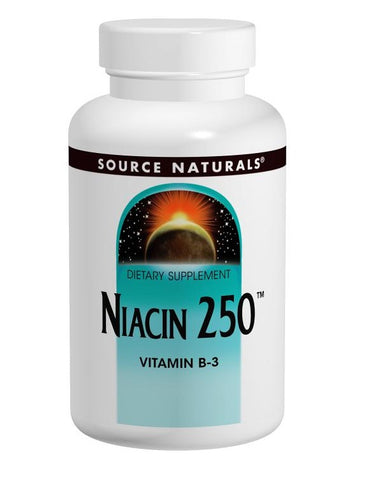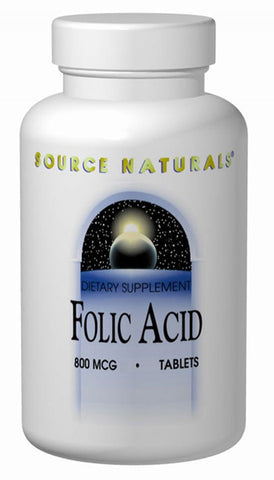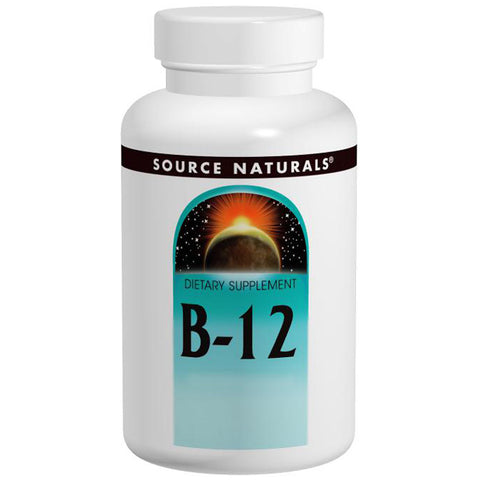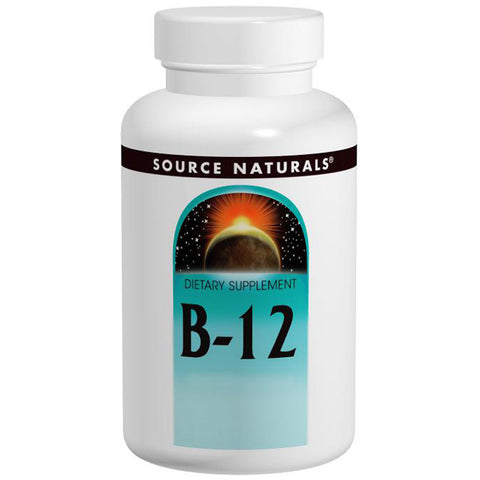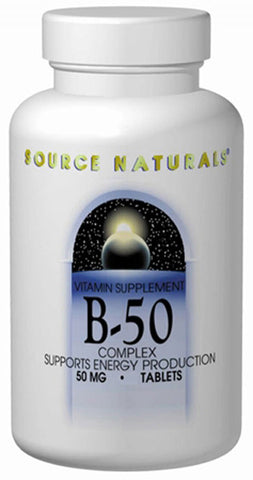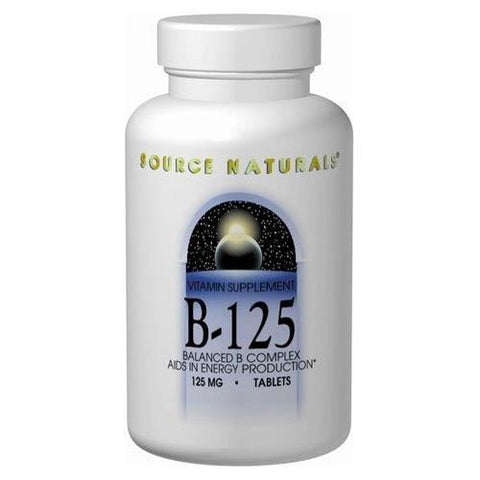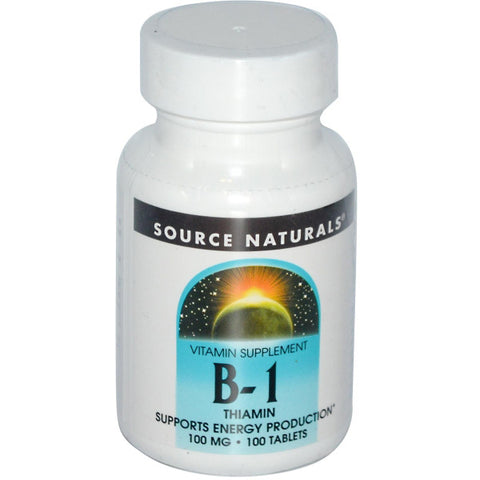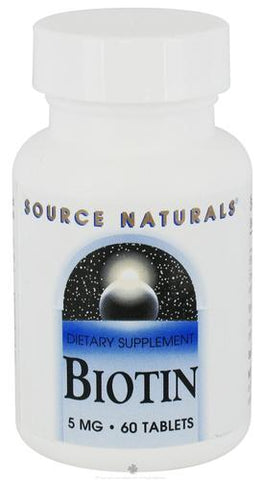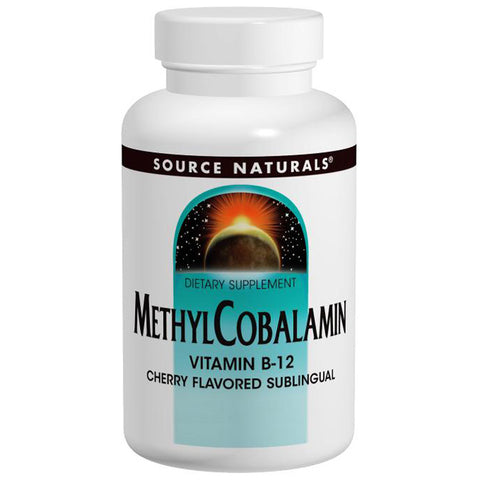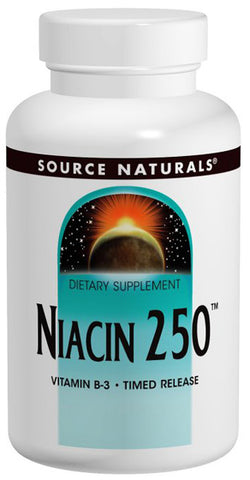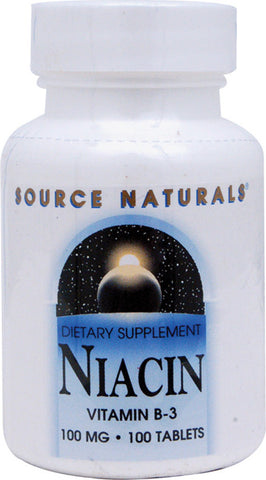Vitamin B
Sort by:
Vitamin B plays a key role in the body's metabolic cycle for generating energy. It aids in the digestion of carbohydrates and is essential for the normal functioning of the nervous system, muscles and heart. Vitamin B stabilizes the appetite, promotes growth and improves muscle tone. There are several types of Vitamin B:
- Vitamin B1 (Thiamin): Acts as a coenzyme in body metabolism. Deficiency leads to beriberi, a disease of the heart and nervous system.
- Vitamin B2 (Riboflavin): Essential for the reactions of coenzymes. Deficiency causes inflammation of the lining of the mouth and skin.
- Vitamin B3 (Niacin): An essential part of coenzymes of body metabolism. Deficiency causes inflammation of the skin, vagina, rectum and mouth, as well as mental slowing.
- Vitamin B6 (Pyridoxine): A cofactor for enzymes. Deficiency leads to inflammation of the skin and mouth, nausea, vomiting, dizziness, weakness and anemia.
- Folate (Folic Acid): Folic acid is an important factor in nucleic acid synthesis (the genetic material). Folate deficiency leads to megaloblastic anemia.
- Vitamin B12: An essential factor in nucleic acid synthesis (the genetic material of all cells). Deficiency leads to megaloblastic anemia, as can be seen in pernicious anemia.

